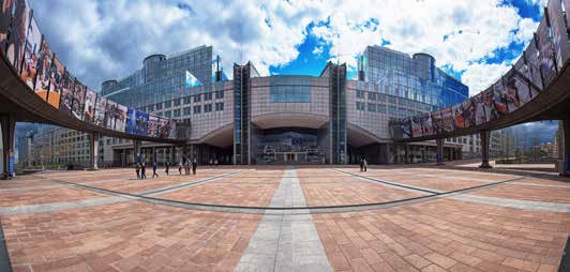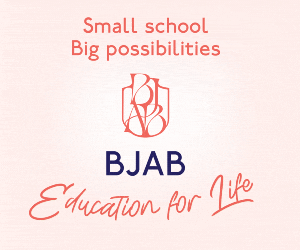Natalie Morris takes a timely look at European angst, a topic that will surely run and run.
On 7 December, I attended the last day of a two-day conference organized by the Goethe Institute and EUNIC Global, held at BOZAR and entitled ‘European Angst: Debate On Populism, Extremism and Euroscepticism in Contemporary European Societies’.
It consisted of a series of panels made up of prominent thinkers, moderators and groups of European students – the latter were there to participate (within reason) in each discussion.
In essence a conference about the rise of populism within the European Union and what to do about it, recurring themes included, of course, the irrational and fearmongering responses to the refugee crisis, as well as Islamophobia. But inevitably, the unexpected election of Donald Trump to the American presidency somewhat stole the show. In his opening remarks, President of EUNIC Global Michael Metz Mørch described it as a “wake-up call”.
From 09h00 in the morning to 17h00, three panels were held, each with its own theme dealing with European angst. The first one was about the scapegoating that certain immigrants face in Europe today, and was comprised of Dutch sociologist Paul Scheffer and Firas Alshater, better known as Zukar, a Berlin-based Youtuber from Syria. In an ironic twist no one could have predicted, Zukar’s seat was symbolically left empty as he joined us by Skype, on account of his passport being unjustifiably withheld by the German government, preventing him from travelling elsewhere in Europe.
In a wonderful article in the New Yorker following the election of Donald Trump, author Chimamanda Ngozie Adichie said: “Now is the time to discard that carefulness that too closely resembles a lack of conviction”. No better way to have this sentiment confirmed than by listening to Paul Scheffer claim that to talk about the “angst” and irrational fears of people is a way of belittling them. At first one listens in good faith: “Maybe I am being arrogant in my own self-righteous liberal opinions, and should try to have more understanding for people who don’t agree with me.” But then the dangerous consequences of this kind of understanding are quick to show up in Scheffer’s discourse, as he starts to make chilling claims such as “most of the time, migration makes societies more unequal” (using the United States as an example). We should keep attempting to explain xenophobia, not begin to understand it.
The second panel was essentially about the proliferation of fake news and the role of social media in forming the public’s opinion. It showcased a tension-ridden discussion between Polish journalist Lukasz Warzecha, an embodiment of the kind of populist thinking the conference was about, and Sonia Seymour Mikish, Editor in Chief of WDR TV. This face-off was bluntly telling us what “trying to understanding the other side” can look like. Warzecha was visibly angry and resentful, claiming that the “angst” was “here in this room”, because liberals were losing control over things. In response, Mikish’s manner was calm and diplomatic, countering her opponent’s arguments while claiming she liked talking to people like him because it was important to step out of your liberal bubble, or words to that effect. However, it wasn’t long before this attitude of hers, challenged by increasingly horrid statements about immigrants and refugees in particular, gave way to the outburst we were all hoping for: “You’re disgusting!” she said. Quite right.







